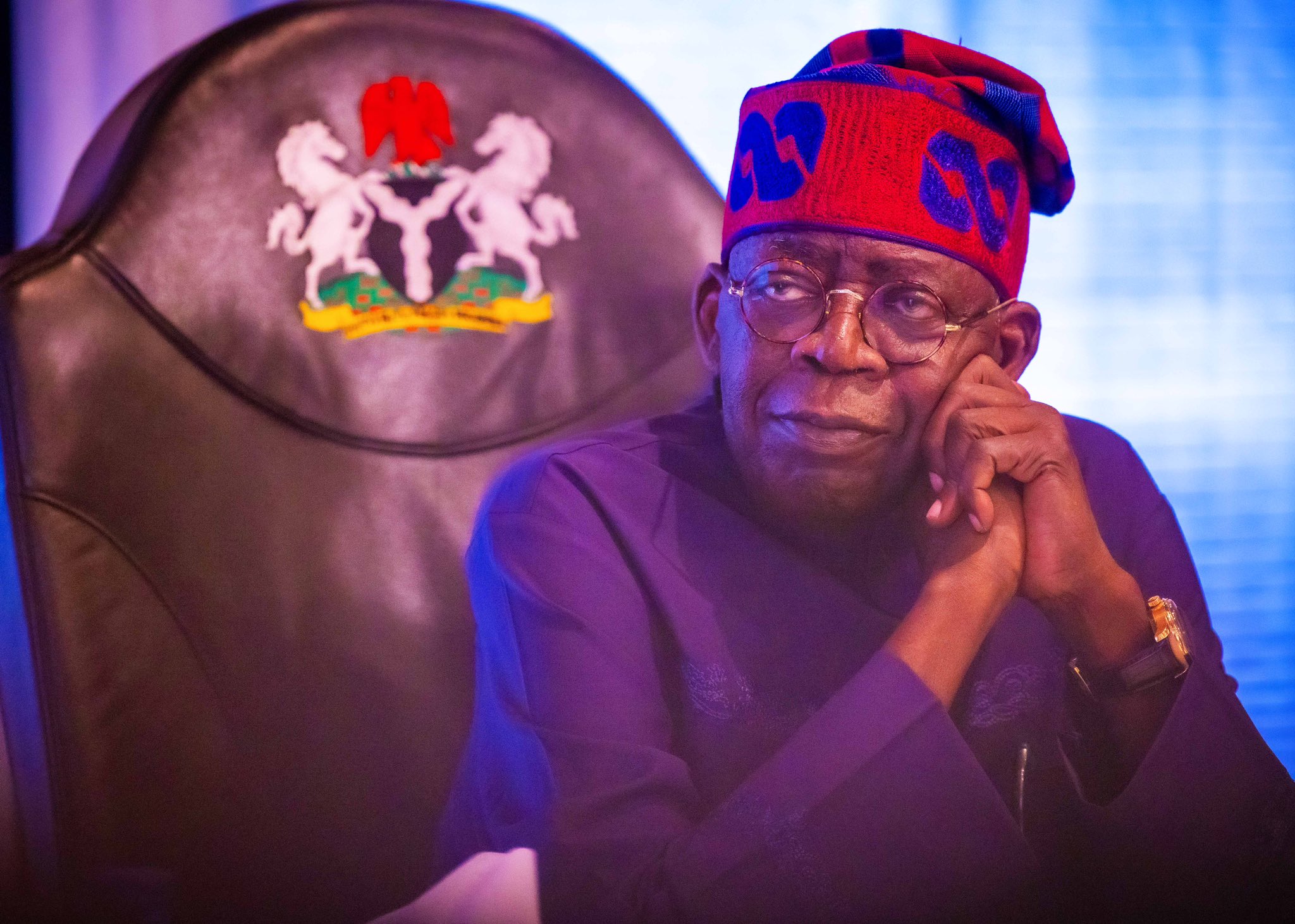
AMIDST economic turbulence and mass poverty, the nomination of 48 ministers and 20 special advisers by President Bola Tinubu is insensitive and costly. While the populace is called upon to endure record inflation and general hardship, the President’s failure to rein in the cost of governance from the top is disappointing.
For an administration facing headline inflation that rose to 24.08 per cent in July, having triggered naira devaluation, and faces dwindling foreign reserves and a rising public debt estimated by the Debt Management Office to be 37 per cent of GDP, a bloated cabinet is anomalous.
True, the constitution ties the President’s hands to a minimum of 36 with the provision that each state of the federation must have at least one minister, but Tinubu’s cabinet surpasses each of his four predecessors of the Fourth Republic.
Obviously, political considerations overrode his promise to appoint a cabinet with technocrats in the majority. Instead, the incoming Federal Executive Council is top heavy with politicians, having no fewer than nine former state governors and other recycled politicians with doubtful administrative value, and poor performance in their previous public office outings.
Even more dismaying, several of the ex-governors are under criminal probes for allegedly embezzling public funds in their states. One was a bagman for the late Sani Abacha, the brutal military dictator whose stashes of stolen billions Nigeria is still recovering in tranches. All this dampens hope of cost-cutting, effective, responsive governance, or of revving up the anti-corruption drive.
Beyond rhetoric, Tinubu has so far not demonstrated strong will to initiate drastic cost-cutting and he is on track to have Nigeria’s largest federal cabinet ever. The appointment of acolytes and political associates signals prebendalism that is inappropriate at these times.
The National Assembly and state governors are worse. The Senate is spending N40 billion to purchase bullet-proof SUVs for themselves. Senate President, Godswill Akpabio, allegedly ordered four luxury models, while the Speaker of the House of Representatives, Tajudeen Abbas, allegedly plans to spend N9.5 billion to “renovate” some structures in Kaduna State. Governors are assembling armies of officials and aides with no regard to dwindling revenues and their indebtedness.
Expending scarce resources on luxuries and running a large government at this time when ordinary Nigerians are making sacrifices is unfair. It perpetuates corruption and inefficiency. A large cabinet is costly and leads to inefficiencies in decision-making and coordination. It also means more salaries, offices, staff, and resources. Fewer members, but with the necessary acumen and commitment and a purposeful president will however make all the difference in providing quality governance.
Across the world, governments are adopting lean bureaucracy to drive programmes at minimal cost for maximum impact. India introduced e-governance to reduce the cost of running its government. This enhanced citizen participation and feedback and reduced corruption and waste.
The United Kingdom caps its paid cabinet membership at 21, plus the Lord Chancellor, who is paid separately. Reforms in 2010 reduced the size and cost of its civil service, resulting in significant savings and improved productivity. Canada has adopted a ‘whole-of-government’ approach to reduce duplication and overlap in its federal programmes and services.
The President should strike a balance between having a functional cabinet that represents diverse interests, and a size that saves costs and allows for efficient decision-making and policy implementation. He must be sensitive to the pains of the populace and the country’s lean purse.





